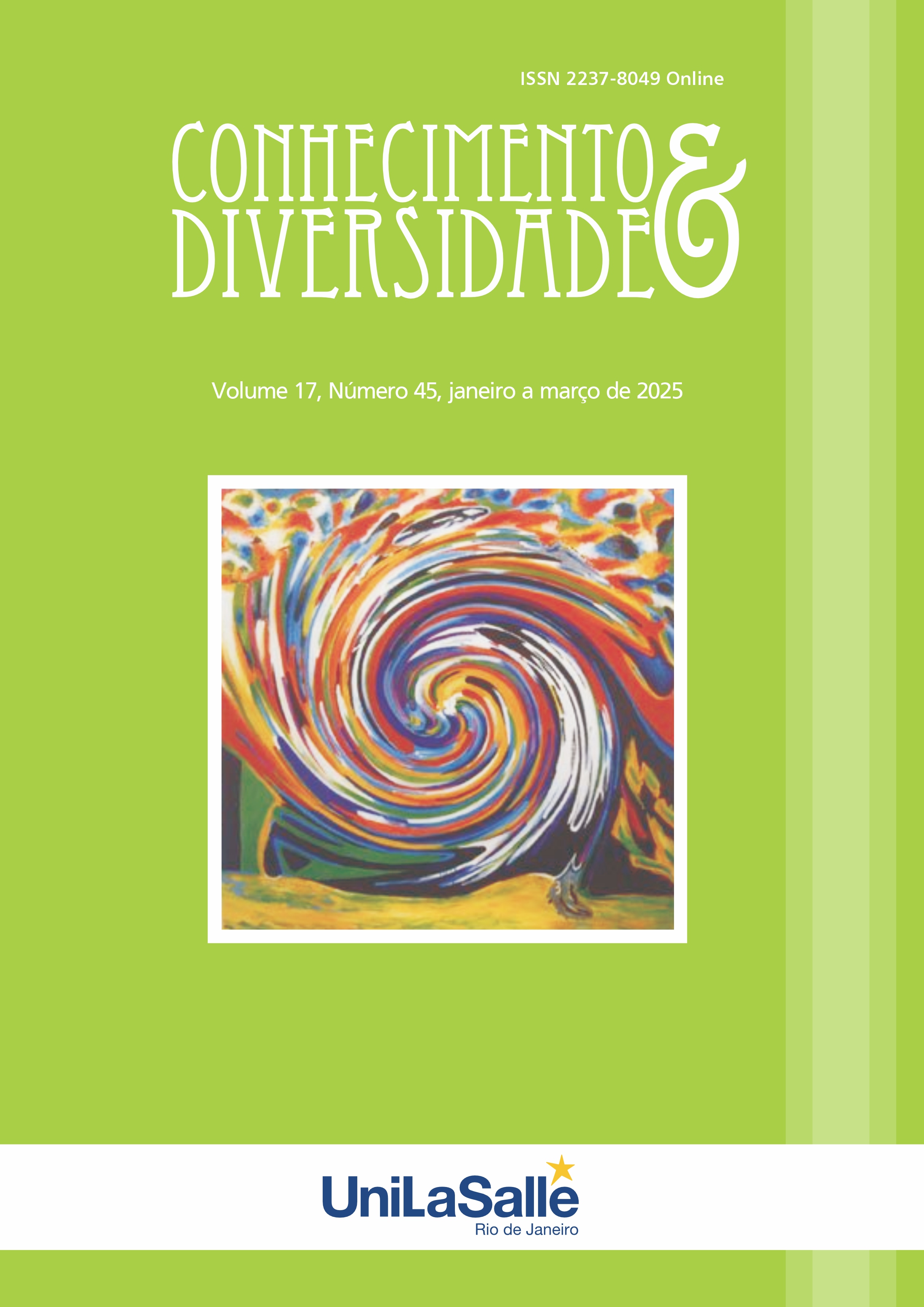THE TRANSITION TO A MODERN WELFARE STATE IN MOROCCO
THE IMPACT OF DIGITALIZATION AND THE UNIFIED SOCIAL REGISTER (USR) ON SOCIAL POLICIES AND THE SOCIAL ECONOMY
DOI:
https://doi.org/10.18316/rcd.v17i45.12498Palabras clave:
Social state, Social policies, Digitalization, Social economy, Unified social register (USR)Resumen
Morocco is resolutely moving towards a model of modern socialism and a social state by strengthening its social policies and leveraging digitalization. This transition is marked by the integration of various digital tools that significantly enhance management practices within the social economy. The unified social register (USR) is a central element of this transformation. It improves the efficiency and equity of social programs by targeting aid to the neediest households, which allows for more precise allocation of resources and enhances the efficiency of public services. The use of digital technologies and the USR strengthens the transparency and accountability of public services. To continue on this part, it is important to overcome current obstacles and strengthen training and awareness programs to maximize the effectiveness and impact of social initiatives in Morocco.
Citas
Law 72-18. (2018) Loi relatif au systéme de ciblage des bénéficiaires des programmes d'appui social, Morocco.
Peters, B.G. (1980) New public management.
Pollit, C, & Bouckaert, G. (2006) Public Management Reform: A Comparative Analysis.
Westley, F. (2008). The Social Innovation Dynamic.
Lasswell, H. D. (1936). Politics: Who gets what, when, how.
Mulgan, G. (2019). Social innovation: How societies find the power to change (p. 306).
Morel, N. & Palme, J. (2016). Grounding social investment from a normative perspective: The contribution of Amartya Sen's Capabilities approach (Pp .102 - 111).
Luhmann, N. (1984). The relationship between individuals and social systems (Social system/Systèmes sociaux: Esquisse d'une théorie générale).
Henman, P. (2010). Governing Electronically; E-Government and the reconfiguration of public administration, policy and power.
Descargas
Publicado
Número
Sección
Licencia
Derechos de autor 2025 Fadwa Chatit, Mhamed Hamiche, Nizar Ben Kasmia

Esta obra está bajo una licencia internacional Creative Commons Atribución 4.0.
Tal como recomienda el Public Knowledge Project, RCD adopta para sus artículos una licencia CREATIVE COMMONS: Attribution CC BY 4.0
Esta licencia permite que otros distribuyan, remezclen, adapten y desarrollen su obra, incluso con fines comerciales, siempre que le atribuyan a usted el mérito de la creación original.
Esta es la licencia más adecuada que se ofrece.
Recomendado para la máxima difusión y utilización de los materiales bajo licencia.



